Affordable and Clean Energy

SDG 7 -Israel's frontiers in sustainability.
The air of the Jerusalem hills is “clear as wine”, and is punctuated with “the smell of pines” (from Naomi Shemer’s Jerusalem of Gold). But even Jerusalem, along with Tel Aviv and Haifa, has its air pollution issues. For a tiny country, with growing environmental stewardship , Israel has industrialized like some of the giants, with factory and vehicle emissions that affect the quality of its air. By the year 2040 it is expected that 13 million people will be living in Israel, making it the densest state in the western world. If the energy output status-quo is maintained, 6.4 million vehicles will circulate the country, and electricity production will double.
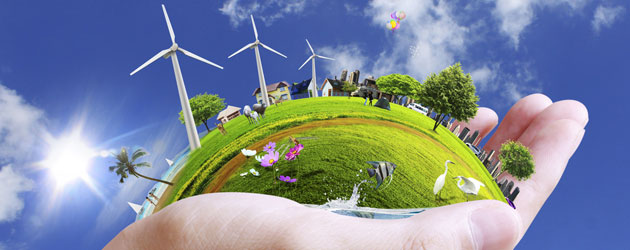

Fortunately, plans are well in the works to save Israel from an energy pollution crisis. Minister of Energy, Dr. Yuval Steinitz, Udi Adiri, General Manager of the Ministry of Energy, and Dr. Assaf Eilat, chairman of the Electricity Authority presented the plan in October 2018 – with the goal of reducing Israel’s use of polluting fuel products by 2030.
Starting with an increase in the use of natural gas, the use of coal in power stations has already been decreased from 60% in 2015 to 30% in 2018. More plans are well under way in the electricity production sector, the industrial sector and in transportation.
In electricity production, the goal is the use of 80% natural gas and 20% or more from renewable energy sources by 2030, while shutting down the coal-fired power stations in Hadera and Ashkelon. Currently, 28% of all electricity production in Israel is coal-based. By 2028, the Minister instructed, the use of coal in all coal-fired power stations will stop entirely.
In the industrial sector, the ultimate target is the discontinuance of the use of gasoline, Liquid Petroleum Gas (LPG) and diesel oil, and their replacement with cleaner and more efficient energy sources. For heavy industry – a continuous use of natural oil, for smaller industry – connecting consumers to a natural gas supply network.
In the transportation sector, Israel aims to achieve a gradual switch to electric vehicles and trucks powered by natural gas by 2030, and a total ban on the import of vehicles powered by polluting fuels, such as gasoline and diesel oil. One-hundred percent of all new vehicles in Israel will be powered by electricity and Compressed Natural Gas (CNG).
As a consequence of the achievement of these goals, the Ministry of Energy hopes to reduce the effects of air pollution in Israel by 60% (a savings of 2.3 Billion NIS per year) and save at least 5.8 Billion NIS per year overall, giving Israel an accumulated benefit of 78.4 Billion NIS by 2040.
New technologies for renewable energy have already made their mark in many regions across the country, particular in the South. A 121 MW thermo-solar power plant was recently completed in the Negev which will reduce approximately 245,000 tons of carbon dioxide emissions per year, and provide clean power solely from renewable energy to 60,000 households in Israel by 2020. Another project in the Negev – an 820-foot “tower of power” – was built on concentrated solar power. A third project is a 35 MW solar plant based on photovoltaic, or PV, power – that is, the use of solar cells to generate electrical power.
Several Israeli cities have also begun planning and working to create change in their energy usage. Kfar Sava and Rishon Letzion are attempting projects to recycle all of their cities’ garbage, while Kfar Sava is also cutting spending on electricity and waste collection, and expanding the use of solar energy. The city of Eilat is working to harness solar energy for all of the city’s electricity demands. And Tel Aviv is planning its first neighborhood with natural-gas pipelines.
Over the past three years several energy-saving plans have been implemented: the Gas Pipeline agreement, an Energy Security plan, the removal of obstacles affecting the use of renewable energies, an infrastructure plan for loading and fueling, and the approval of reforms in the Israeli electricity sector.
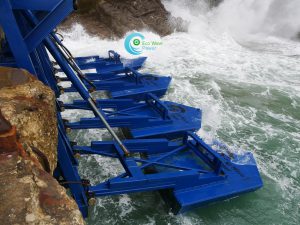

SDG 7 -Riding the Power of the Wave-By Dr. Eitan Eliram Lead Innovation Strategist Aug. 2024
Affordable and Clean Energy Inna Braverman, founder and CEO of Eco Wave Power is one of the rare breeds of female entrepreneurs who took the
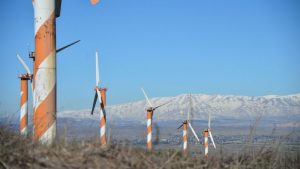

SDG 7 -The (Energy) Answer is Blowing in the Wind-By Dr. Eitan Eliram Lead Innovation Strategist Feb 2024
Affordable and Clean Energy Going back just two years, sober reports claimed that less than 3% of Israel’s energy came from renewable sources. But the
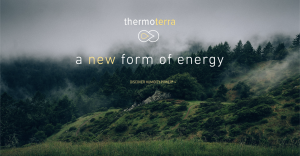

SDG 7 -ThermoTerra – A new form of sustainable Energy-By Dr. Eitan Eliram Lead Innovation Strategist
Affordable and Clean Energy The green energy eco-system is familiar with renewable energies such as solar power and wind power, ThermoTerra introduces an entirely new
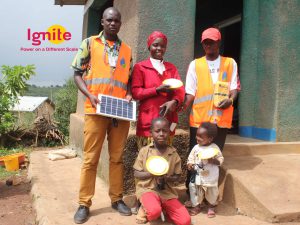

SDG 7 -Ignite Power – Lighting Up Africa-By Dr. Eitan Eliram Lead Innovation Strategist
Affordable and Clean Energy By Maya Friedman You may remember the popular hit “we are the world”- the 1985 fundraising campaign that raised over 63
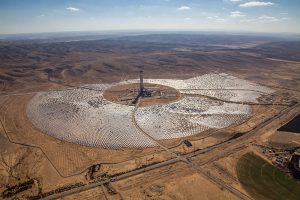

SDG 7 -Renewable Energy – Brighter than the Sun-By Dr. Eitan Eliram Lead Innovation Strategist
Affordable and Clean Energy As of 2018, roughly 30% of Israel’s electricity generation was coal-based. Better than 100% to be sure, but this statistic still
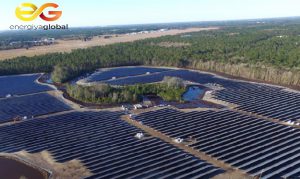

SDG 7 -Energiya Global – Fields of Energy
Affordable and Clean Energy Describing himself on Twitter, CEO of Energiya Global Yosef Abramowitz says, “You will find me where the dark forces of oil


SDG 7 -Israel’s Energy Revolution – New Projects and Initiatives-By Dr. Eitan Eliram Lead Innovation Strategist
Affordable and Clean Energy Israel is in the midst of a revolution. Leading the energy revolution are the Ministry of Environmental Protection and the Keren


SDG 7 -Alternative Fuel and Energy for the Masses-By Dr. Eitan Eliram Lead Innovation Strategist
Affordable and Clean Energy Alternative Fuel and Energy for the Masses Is Israel going to drive its fossil-fuelled vehicles straight into oblivion? Or is an


















